‘The day I found out that Suzi Quatro wasn’t a dyke was the worst day of my life!’ a teenage Joan Jett once complained to a teenage me — and, substituting Chrissie H for Suzi Q, I knew well how she felt. Here I am popping up on page 150:
Little teenagers out in the sticks like Julie Burchill lapped up my half-baked philosophical drivel and prepared their own versions of nonsensical tirades for the day when they too could make a ‘career’ out of it. I even sold the darling little Julie my typewriter for £15 when my time was over, like passing the baton of ‘how to fuck off the nation and get paid for it’. She insisted on giving me £17.
I did, however, draw the line at learning the bass guitar, as she suggested, and being recruited into one of the half-baked bands she was always banging on about forming, especially when I learnt that my stage name was to be Kicks Tart — if I’d gone along with her, I might well be dead now rather than enjoying a robust old age. Hynde has survived where those around her have fallen and in the process turned into something of an English eccentric, though I always thought of her as the quintessential American woman — ‘They are a third sex,’ says the Baroness in Mary McCarthy’s novel The Group — and of her music as what might have happened if John Wayne had got down from his horse, plucked up his courage and joined the Shangri-Las.
This is a brilliant read, with no messing about from the very first page:
I couldn’t have told this when my parents were alive, I would have had to leave out the bad language and tell a lot of lies about what I’d been doing all that time I was gone. I’m so sorry for that, Mom and Dad, I knew you were proud of me [to the last]. I never got over losing Pete, never talking to him again. I’d taken him into my reckless world and lost him there.
The shock of shared honesty really brings home how much the vast majority of autobiographies are little more than selfies made script — people ceaselessly posing and preening and, by putting their best faces forward, lying to the reader, but even sadder lying to themselves, and probably not even knowing it — a sort of living death.
Much has been made of the account of the sexual assault Hynde suffered when off her face and sucking up to a gang of knuckle-dragging bikers in her youth; she does write of her culpability in the attack, which has understandably outraged many modern feminists. But it could also be argued that it is not at all feminist to demand that individual women falsify their feelings about their experiences in order to fit in with the prevailing orthodoxy on any given women’s concern. Hynde is, to give her credit, the polar opposite of that Grand Troll Katie Hopkins — she doesn’t say things to get attention, having been the repository of that since her teenage years, due to her extreme beauty and talent. You get the feeling that Hynde really doesn’t want to say some of the things she does — she just has to, in the interests of complete disclosure. She even does it onstage, when she feels most alive and most herself:
We played a lot of student places… every time I would just berate students for the hell of it. I could see people walking out in disgust, but I couldn’t help myself. The more I’d tell myself not to, the worse it got. I was eventually telling whole audiences to ‘Go fuck yourselves!’ whenever I’d smell a burger van.
Even when she gets the genius Ray Davies, one of her musical heroes, as her boyfriend, a policy of complete candour continues. They go to see Liz Taylor and Richard Burton in Private Lives, and fight so much on the way to their own wedding that the registrar refuses to marry them.
I remember being shocked when I found out that Chrissie had left the NME in order to form a band — how could anyone prefer to be a stupid old musician rather than a writer? But as this book proves, she still writes like an angel on angel dust. She is ageing interestingly — not ludicrously, like her friend and fellow animal-nut Morrissey. Long may she continue to exasperate, enchant and evade us.
Got something to add? Join the discussion and comment below.
Get 10 issues for just $10
Subscribe to The Spectator Australia today for the next 10 magazine issues, plus full online access, for just $10.
Available from the Spectator Bookshop, £17 Tel: 08430 600033
You might disagree with half of it, but you’ll enjoy reading all of it. Try your first month for free, then just $2 a week for the remainder of your first year.


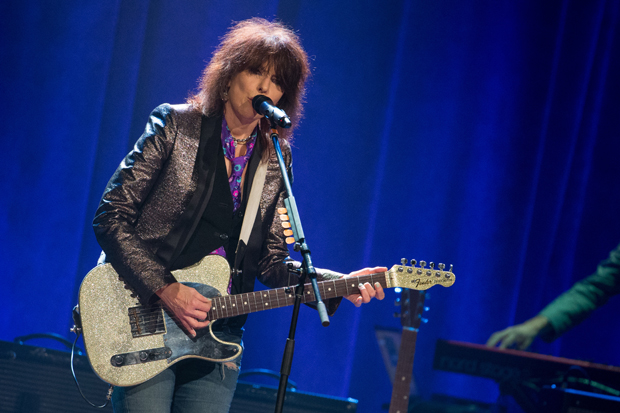
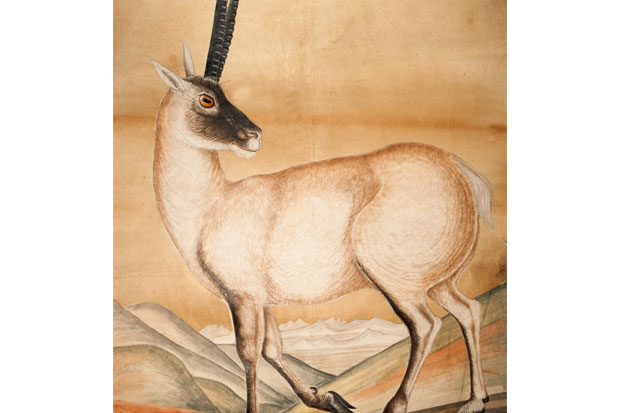
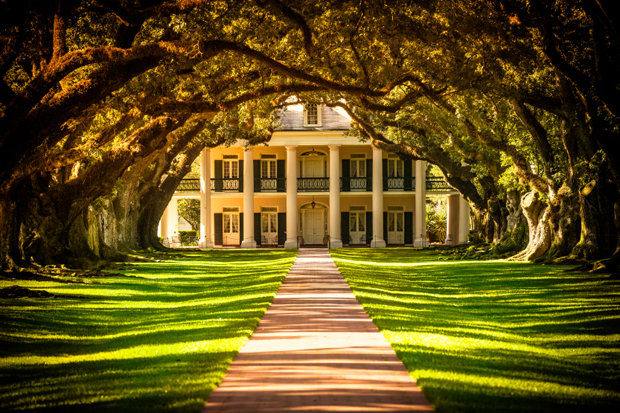
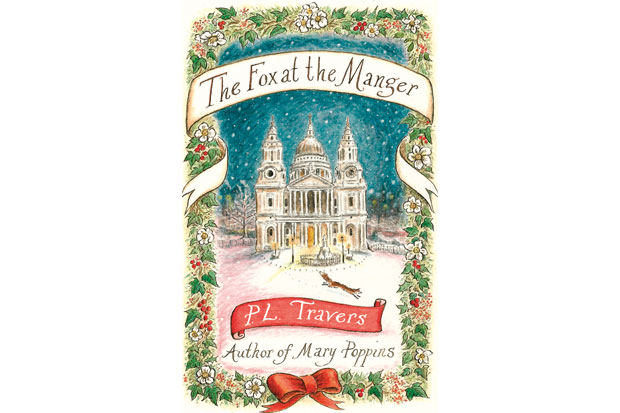
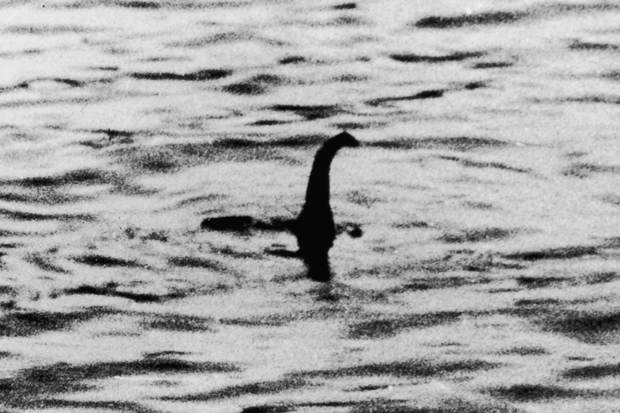
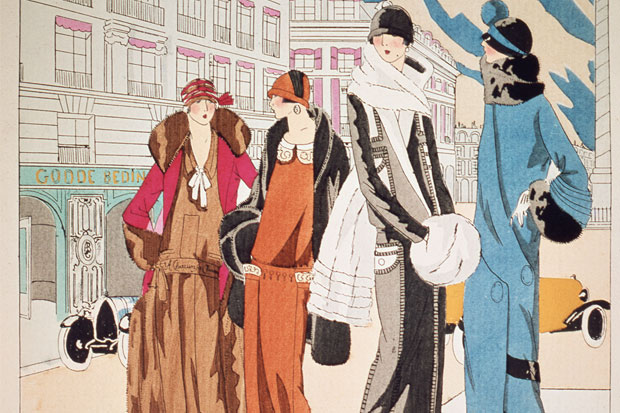
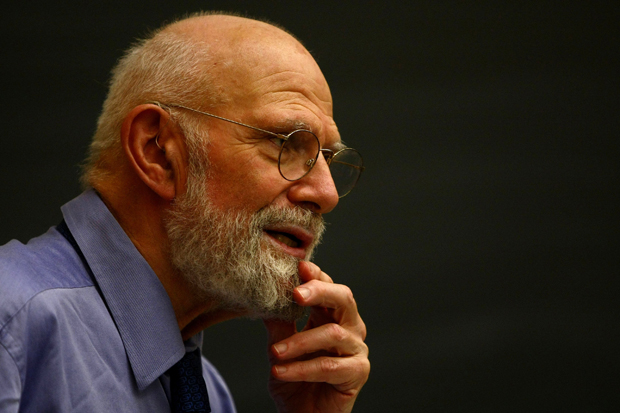






Comments
Don't miss out
Join the conversation with other Spectator Australia readers. Subscribe to leave a comment.
SUBSCRIBEAlready a subscriber? Log in